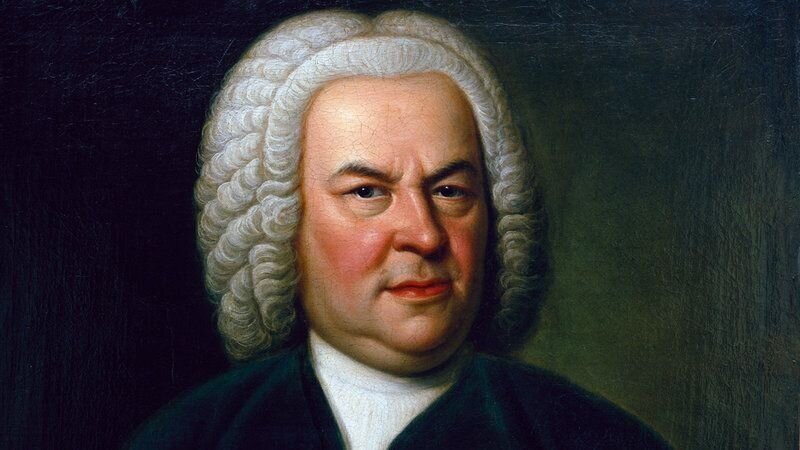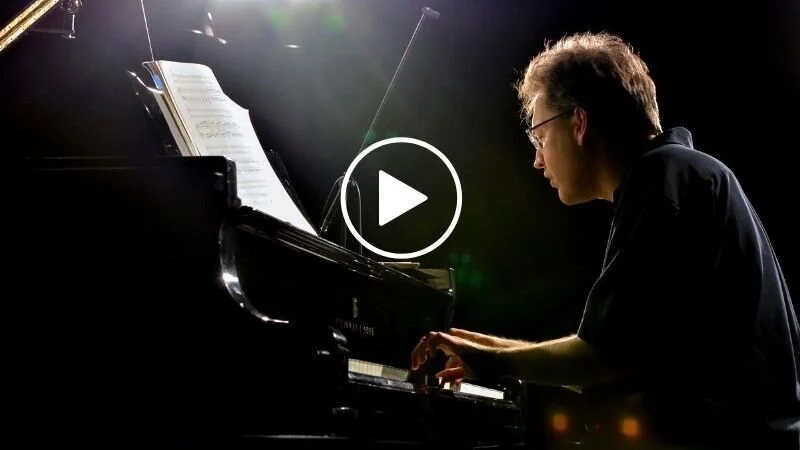Hear special works by Lise de la Salle & Dénes Várjon with profound poetry
During challenging times, the interrelated art forms of music and poetry always find a way to lift our spirits. Sharing moving music paired with poetry with you, our dear community, brings us a deep sense of joy. We are grateful to share a curated list of music performed by three of our PPI artists with corresponding poetry in the hope that these pairings will bring a smile to your face.
Lise de la Salle’s ongoing livestream concerts from her home in Paris served as our inspiration for this curated list of music and poems. She has created a series of music and poetry concerts titled “Confinement Lives” on her Facebook page every Saturday at 10am P.S.T. When you tune into her series, you are encouraged to ask any questions or request your favorite piano works in the comments section. Lise de la Salle answers audience questions, reads texts that have been meaningful to her, and creates a space for music lovers to stay together during this very challenging time. We have included a recording of one of her “Confinement Lives” in which she performs Bach’s “Italian Concerto” and shares a passage by the profound poet Rilke about doubt.
From Lise de la Salle’s beautiful interpretation of Bach’s “Italian Concerto”, we move to a video of Dénes Várjon performing Frédéric Chopin’s Mazurka in A minor, Op. 67, No. 4 and poetry by Emma Lazarus. She is the poet of the famed inscription on the Statue of Liberty, 'Give me your tired, your poor'. There is a beautiful quote from Chopin about Bach, “Bach is like an astronomer who, with the help of ciphers, finds the most wonderful stars.” This quote resonates with us and we feel that it applies to both the music of Bach and Chopin. The mesmerizing and dazzling qualities of Chopin’s music are reflected in Emily Lazarus’ poem “Chopin”. It is our wish that Várjon’s uplifting performance of Chopin’s Mazurka and the moving poem “Chopin” bring you solace.
Did you know that Polish composer Frédéric Chopin (1810-1849) and American composer Samuel Barber (1910-1981) were born 100 years apart? You may know Barber’s most popular piece, Adagio for Strings, and we are happy to share a lesser-known work of his for the piano: Sonata Op. 26 performed by the late William Doppmann. Samuel Barber’s music was frequently inspired by poetry. Matthew Arnold’s poem Dover Beach inspired his work of the same name for voice and string quartet.
As always, please reach out and let us know how you are doing during this challenging time. If this music and poetry resonated with you, let us know as we would love to hear from you.




